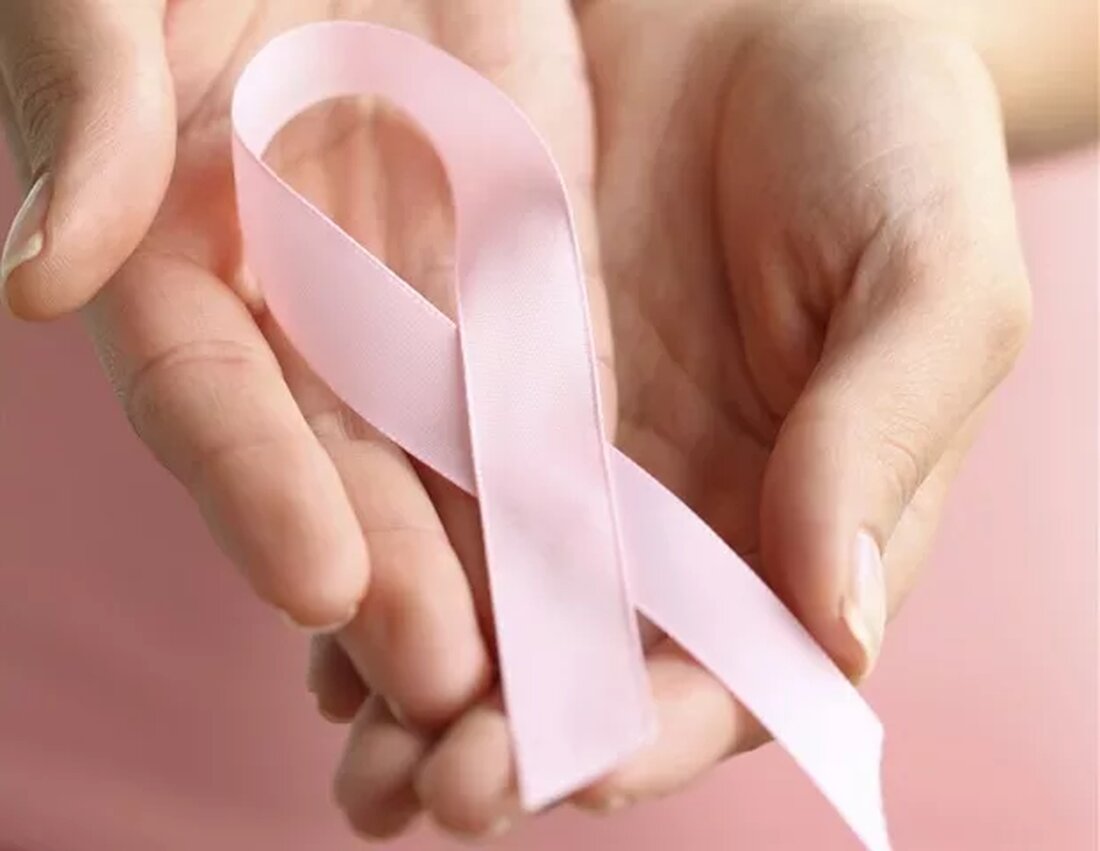National survey shows: Breast cancer patients are increasingly using complementary therapies - oncologists are surprised
New Study Shows Majority of Breast Cancer Patients Use Complementary Medicine A recent national survey of oncologists and breast cancer patients shows that nearly three-quarters of patients (73%) use at least one type of complementary medicine following a cancer diagnosis. This is in contrast to the assessment of doctors, of whom just under half (43%) believe that patients use these approaches during cancer treatment. The results of this study were published at the annual meeting of the American Society of Clinical Oncology (ASCO). It turns out that doctors only talk to about half of their patients about integrative health, which...

National survey shows: Breast cancer patients are increasingly using complementary therapies - oncologists are surprised
New study shows majority of breast cancer patients use complementary medicine
A recent national survey of oncologists and breast cancer patients shows that nearly three-quarters of patients (73%) use at least one type of complementary medicine following a cancer diagnosis. This is in contrast to the assessment of doctors, of whom just under half (43%) believe that patients use these approaches during cancer treatment. The results of this study were published at the annual meeting of the American Society of Clinical Oncology (ASCO). It found that doctors only talk to about half of their patients about integrative health, leading patients to seek information outside of the clinic.
Researchers conducted a national survey in late 2020 that included 115 clinical oncologists who treat breast cancer and 164 breast cancer patients diagnosed within two years before the survey. The aim of the survey was to understand awareness, use and attitudes towards the use of complementary and lifestyle therapies alongside medical treatment.
According to the study, approximately two-thirds of oncologists (66%) and patients (65%) believe that complementary and lifestyle therapies improve patients' quality of life. Many patients (60%) also believe that these treatments lead to better health outcomes. Interestingly, patients' use of Tai Chi/Chi Gong or acupuncture was most strongly associated with a positive impact on quality of life when considering the 12 modalities tested.
The survey also examined patient and physician awareness of complementary and lifestyle therapies, as well as patient information sources. Most oncologists reported familiarity with at least one therapy. These physicians considered nutritional counseling, support groups, psycho-oncology support, and exercise counseling as the most important integrative services. However, comparatively lower ratings were given for spiritual services and meditation or mindfulness, which patients consider important. Patients also recall that their care teams made fewer recommendations about these two modalities than the others.
Both physicians and patients agree that an oncologist, oncology nurse, or patient care provider is a good source of information about complementary medicine and lifestyle therapies, although patients have a slight preference for hearing directly from oncologists.
“Many oncologists generally support the integration of complementary and lifestyle therapies into conventional medical treatment, but the education and advice provided to patients varies widely,” said Terri Crudup, senior principal of primary intelligence at IQVIA. “Oncologists and the institutions where they work should look for methods to educate patients about various safe and effective complementary and lifestyle therapies and to help them find those that will help their patients the most.”
The results of this study suggest that better communication and consultation between physicians and patients are necessary to promote the use of complementary medicine and lifestyle therapies and achieve the best possible outcomes for breast cancer patients.
Source:
The Reis Group

 Suche
Suche
 Mein Konto
Mein Konto
